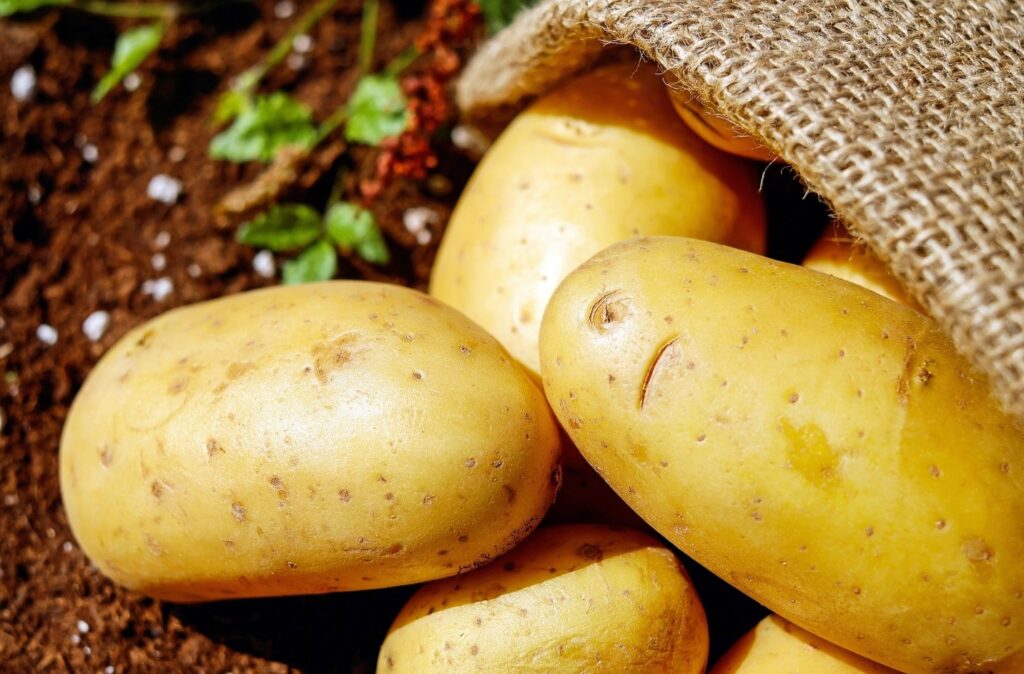Donor: United State Government (Department of State)
Project Period: 2024-2025

The project specifically targets the adoption of climate-smart technologies by smallholder farmers in Nakuru County, focusing on potato production due to its shorter growth cycle and higher yield potential compared to maize. By facilitating access to quality, climate-resilient seed potatoes, and providing comprehensive training on good agricultural practices, the project aims to significantly boost potato productivity and profitability. Inclusivity will be a core principle, ensuring that farmers with disabilities are actively involved from the design stage through implementation, thereby promoting diversity and sustainability. Through collaboration with various stakeholders, the project will support smallholder farmers in enhancing their resilience to climate change, securing their livelihoods, and contributing to the overall economic development of the region.
Building resilience and adapting to changing climate conditions, particularly for vulnerable groups like smallholder farmers, is essential to mitigate the negative impacts on agricultural production and ecosystems. In Nakuru County, known as the food basket of the country, promoting climate-smart practices such as water retention technologies, drought-resistant crop varieties, and sustainable farming methods is key. These practices aim to enhance farm productivity, improve resource efficiency, and bolster resilience to climate change. By optimizing yields and reducing environmental impacts, smallholder farmers can achieve increased incomes, contributing to more sustainable and resilient farming practices that ensure food security and support livelihoods.
The project is funded by the United State Government through the Department of State in Celebration of the 10th anniversary of Mandela Washington Fellowship (MWF) and implemented by Directors of Bold Impact Africa (Simon Wanjiru) and Safe Haven (Jackline Waiharo) who are both alumni of the fellowship program.
